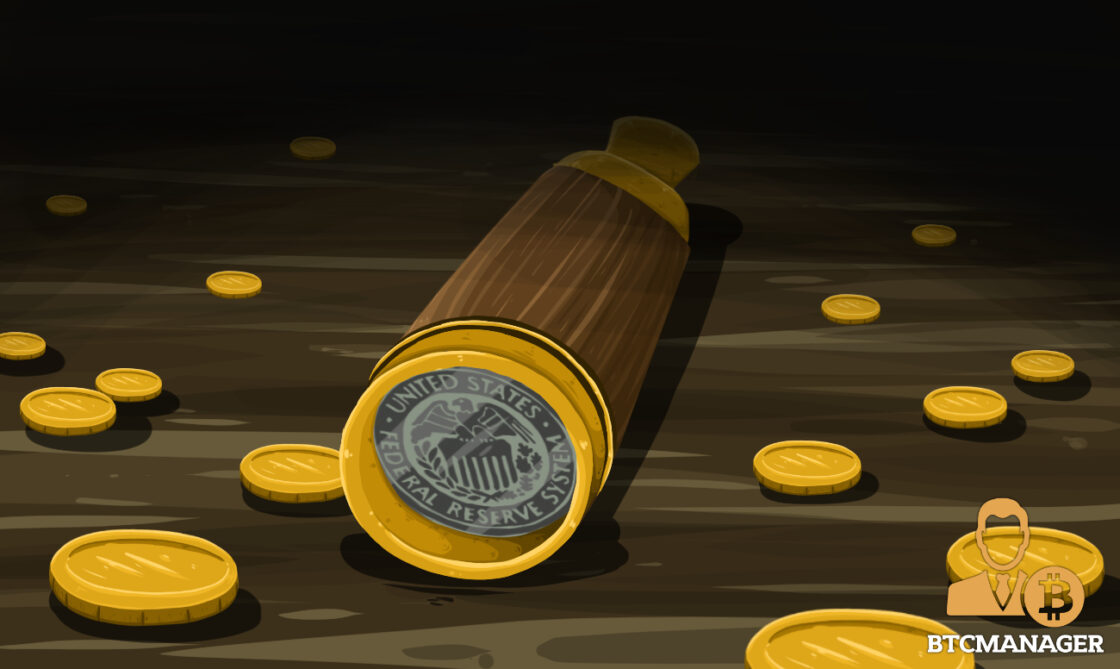PALO ALTO, Calif. (Reuters) - The Federal Reserve is taking a look at a broad variety of problems around digital payments and currencies, consisting of policy, style and legal considerations around possibly releasing its own digital currency, Governor Lael Brainard said on Wednesday. Brainard's remarks recommend more openness to the possibility of a Fed-issued digital coin than Check out this site in the past." By transforming payments, digitalization has the potential to provide greater worth and benefit at lower expense," Brainard said at a conference on payments at the Stanford Graduate School of Service.
Central banks globally are disputing how website to handle digital finance technology and the distributed journal systems used by bitcoin, which assures near-instantaneous payment at potentially low expense. The Fed is establishing its own day-and-night real-time payments and settlement service and is presently evaluating 200 remark letters sent late last year about the suggested service's style and scope, Brainard said.
Less than two years ago Brainard told a conference in San Francisco that there is "no compelling showed requirement" for such a coin. But that was before the scope of Facebook's digital currency ambitions were extensively understood. Fed officials, including Brainard, have raised concerns about consumer defenses and data and personal privacy risks that could be positioned by a currency that might come into usage by the third of the world's population that have Facebook accounts.
" We are teaming up with other main banks as we advance our understanding of reserve bank digital currencies," she said. With more nations looking into releasing their own digital currencies, Brainard stated, that contributes to "a set of factors to also be ensuring that we are that frontier of both research and policy advancement." In the United States, Brainard stated, problems that need research study consist of whether a digital currency would make the payments system much safer or simpler, and whether it could present financial stability dangers, consisting of the possibility of bank runs if cash can be turned "with a single swipe" into the main bank's digital currency.
To counter the monetary damage from America's unmatched national lockdown, the Federal Reserve has taken unprecedented actions, including flooding the economy with dollars and investing directly in the economy. The majority of these moves received grudging approval even from many Fed doubters, as they saw this stimulus as required and something only the Fed might do.

My brand-new CEI report, "Government-Run Payment Systems Are Risky at Any Speed: The Case Versus Fedcoin and FedNow," details the threats of the Fed's current plans for its FedNow real-time payment system, and proposals for central bank-issued cryptocurrency that have been dubbed Fedcoin or the "digital dollar." In my report, I talk about concerns about privacy, data security, currency adjustment, and crowding out private-sector competition and innovation.
Proponents of FedNow and Fedcoin say the federal government needs to create a system for payments to deposit quickly, instead of motivate such systems in the private sector by lifting regulative barriers. However as noted in the paper, the private sector is supplying an apparently endless supply of payment technologies and digital currencies to fix the problemto the extent it is a problemof the time space between when a payment is sent out and when it is gotten in a bank account.
And the examples of private-sector innovation in this location are lots of. The Cleaning House, a bank-held cooperative that has been routing interbank payments in various forms for more than Click to find out more 150 years, has been clearing real-time payments since 2017. By the end of 2018 it was covering 50 percent of the deposit base in the U.S.